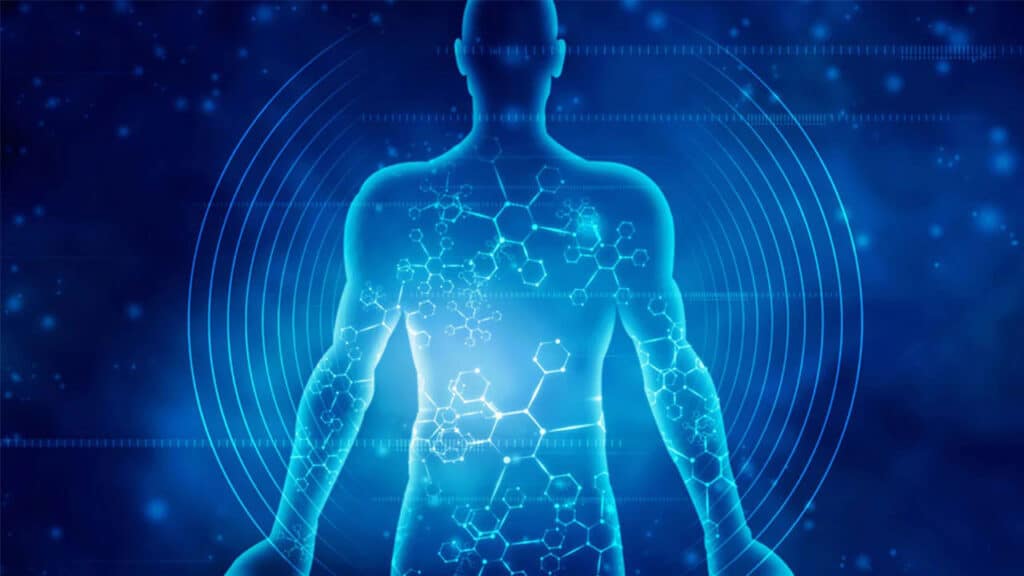Many parts of the body become weaker or less effective as we age. Mobility and flexibility decrease, physical strength is lost, hormone levels change, and even the brain slows down. Then there’s immunosenescence, or the aging of the immune system, which creates its own specific problems.
The effects of aging on the immune system are multifold. After an injury or infection, your body’s reaction, driven by the immune system, is often inflammation. This inflammation should clear up once the injury is healed or the infection is defeated. In older people, this doesn’t always happen. The inflammation remains long after the injury has gone, turning into a chronic condition (https://academic.oup.com/biomedgerontology/article/69/Suppl_1/S4/5870370). Researchers nickname it inflammaging.
Inflammation underpins many of the diseases of aging, from cardiovascular disease and dementia to rheumatoid arthritis. Even mild inflammation can have a serious impact when it lasts for an extended period of time. Understanding the role of inflammation and the immune system in these conditions is vital.
Another problem with the aging immune system is that it becomes less able to adapt to new threats. Not only does this mean that outbreaks of new diseases are extra risky, it means that vaccinations to tackle those diseases may be less effective. Even the conditions from years ago that have already been fought off or vaccinated against may be able to reemerge in your weakened state.
Deterioration of the immune system is often due to specific cells involved in your immune response. The cells that encourage the inflammatory response increase while the ones that regulate and reduce it again decrease. Meanwhile, the T cells that learn how to respond to new invading pathogens remain at a steady level. This is despite the fact that as more of these cells learn to deal with specific attacks, there are less left over to face any new threat.
We don’t fully understand the workings of the immune system. It’s very complicated, involving lots of different interactions. It’s impossible to make broad declarations of certainty about the specific mechanisms of immunosenescence and how they impact the body as a whole. If we know anything, it’s that there’s much more to learn.
What we can do is make the lifestyle changes, such as to diet and exercise, that are likely to give the immune system the best chance of working into old age and therefore improving our longevity.




